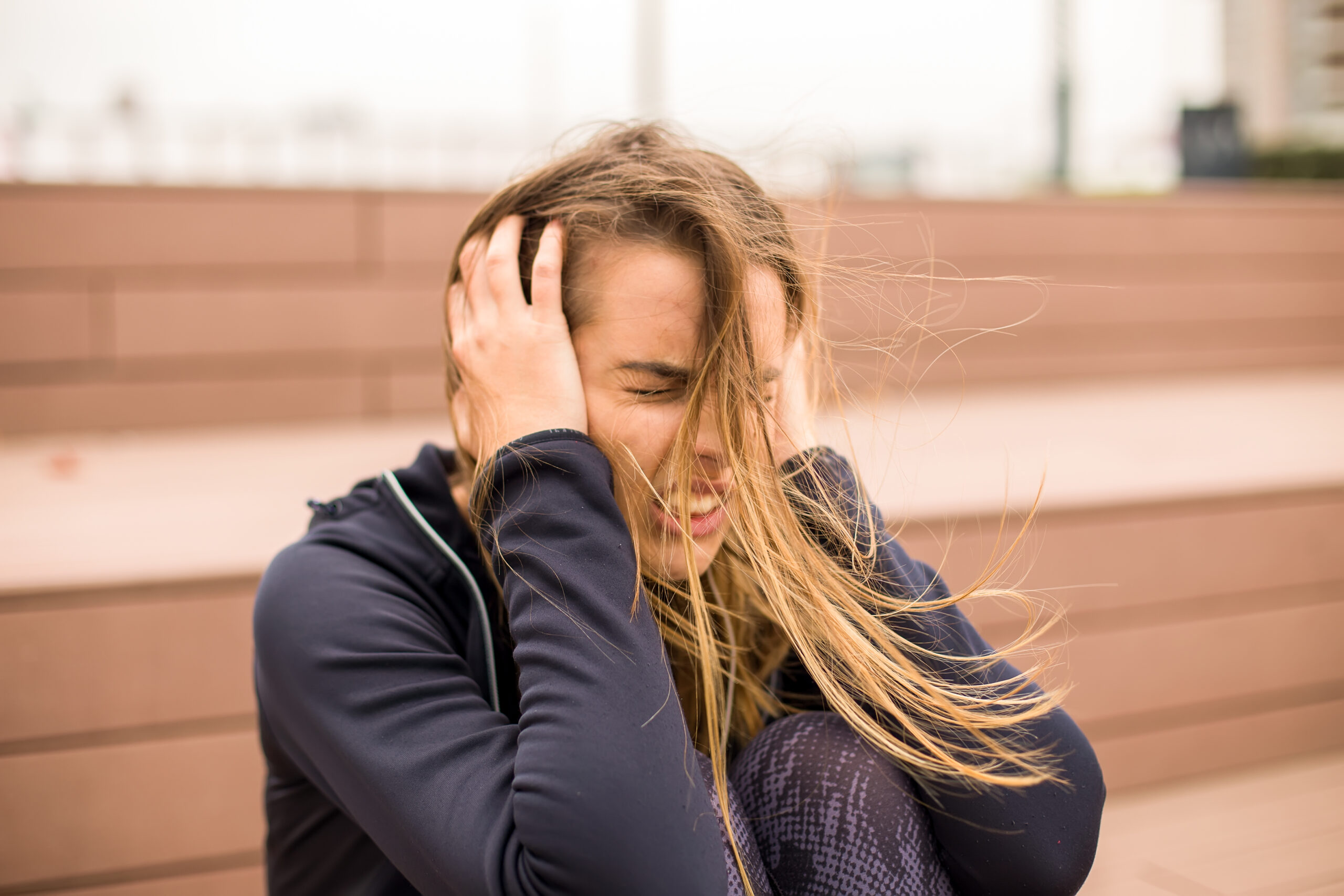Agoraphobia is one of the anxiety disorders. The term agoraphobia was originally used to describe a fear of large open spaces. However, this definition is not entirely accurate. People suffering from agoraphobia are especially afraid of spaces where there are large numbers of people or spaces that make it impossible to escape quickly. These are typically means of transport, supermarkets, cultural buildings and the like. An anxious person suffers from a hard-to-describe fear that "something will happen" to them in this situation. He collapses mentally or physically, panics, faints. He cannot escape from the enclosed space, he becomes embarrassed, the surroundings do not understand that he is sick, they will observe or judge him. Some agoraphobics, on the other hand, are stressed by situations and spaces where they find themselves alone and unaided (in a lift, at home, in a car). There will be no one around to give them help in an emergency.
Do you think you need help or at least want more clarity? Make an appointment for a no-obligation initial and diagnostic consultation or just give us a call, we will be happy to advise you and help you with everything. At our first meeting we will talk about your difficulties, find out the severity of your problems and the possible causes. We will suggest a course of action and, if necessary, select your personal therapist so that he/she not only meets your professional requirements, but also suits you humanly.
MAKE AN APPOINTMENT FOR AN INITIAL DIAGNOSTIC CONSULTATION


